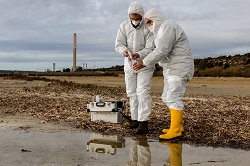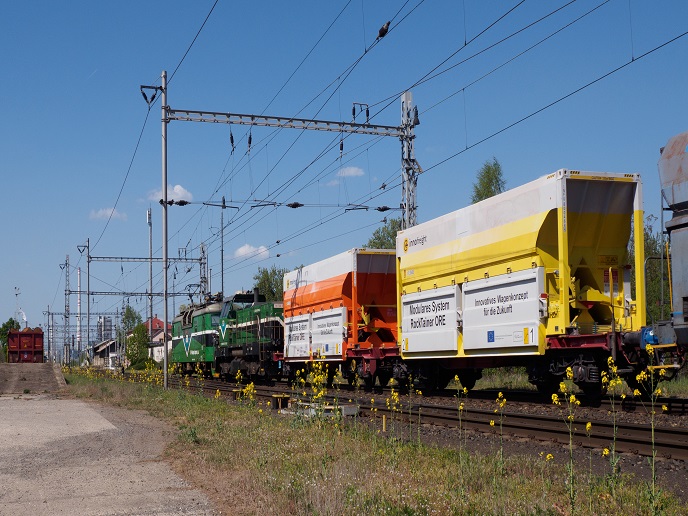Optimised passenger transport during disasters and extreme weather
Air and surface transport systems in Europe can enhance operational resilience by better substituting each other's services when dealing with infrastructure shutdowns, resource shortages, and traffic cut-offs and rerouting caused by natural hazards and severe weather phenomena. To address the issue, the EU-funded MOWE-IT(opens in new window) (Management of weather events in transport system) project aimed to assist transport operators, authorities and travellers to mitigate the impact of natural disasters and extreme weather incidents on transport system performance though concrete applications and cross-modal transport strategies. A network of major airports in Europe was first selected for analysis. A report mapped travel alternatives in Europe in the case of disruptive events based on data gathered concerning time, costs and airport passenger flows associated with such choices. As one of the project outcomes, an interactive visualisation tool was designed that is freely available on the project website. It provides information on past and future frequency of selected weather phenomena in 134 European locations, and the impact of selected extreme weather events on passenger flows for surface and air transport modes in 14 designated European hubs. The tool helps transport system planners and managers to understand the effect of climate change on their transport systems and informs travellers on impending closures and how to best alter travel plans. A collection of guidebooks was produced to improve the resilience of rail, road, aviation, inland waterways and maritime transport. Short-term strategies and long-term policy recommendations were also delivered to enhance resilience. Final outcomes and recommendations were presented at three regional conferences. MOWE-IT introduced a cross-modality approach to mitigate negative impacts. Various stakeholders now have at their disposal different tools for allowing connections between origins and destinations when normal transport operations are disrupted.






